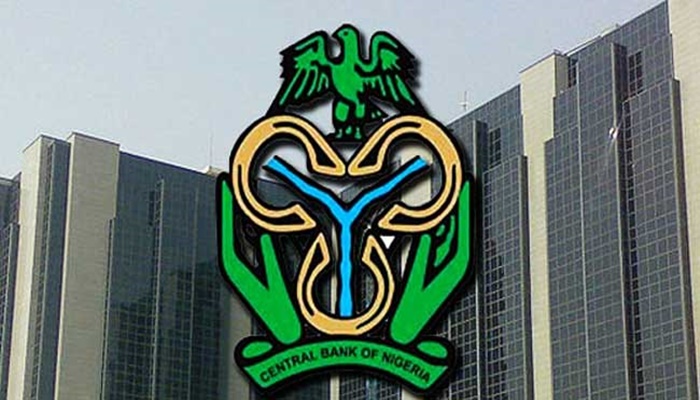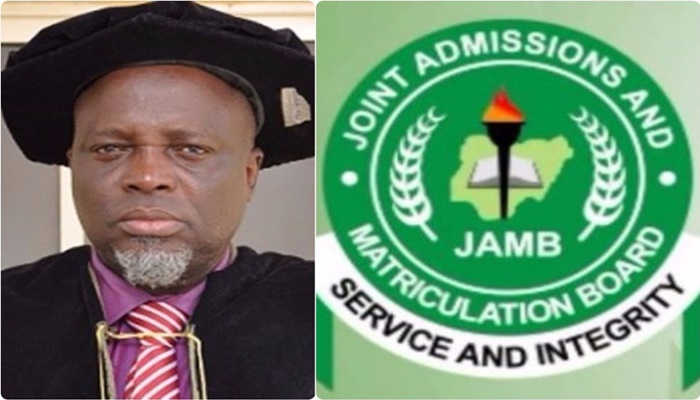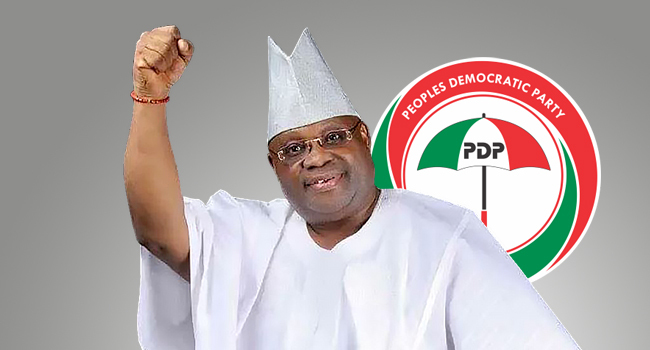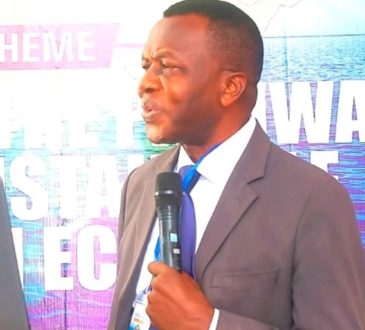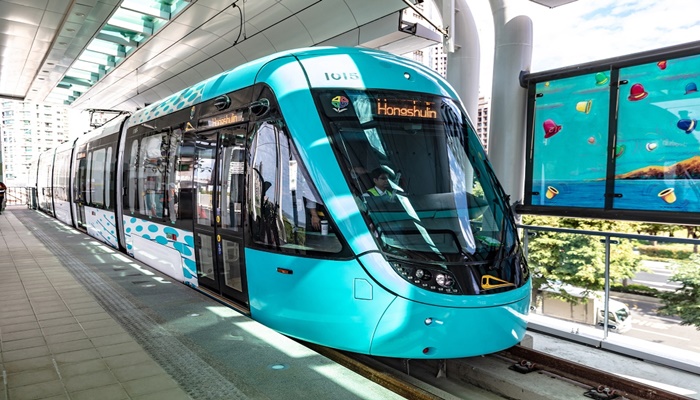
Amid intractable traffic congestion undermining its domestic economy, the Lagos State Government Thursday disclosed that it had started working with the Federal Government to construct Light Rail (Red Line) valued at $2 billion.
This is coming as the state government has promised to fund the completion of the Blue Line, a 27-kilometre rail line starting from Okokomaiko to Marina, initially projected to cost $1.2 billion.
The state Governor, Mr. Babajide Sanwo-Olu gave the assurance at the fourth Lagos Traffic Radio Lecture Series held at the Radio Lagos/Eko FM Multi-purpose Hall, Agidingbi on Thursday.
Among others, former Minister of Works, Power and Housing, Mr. Babatunde Fashola; Managing Director, National Inland Waterways Authority (NIWA), Senator Olorunimbe Mamora; and Chairman, Institute of Strategic Management, Lagos State Chapter, Dr. Oladimeji Smith attended the lecture.
Sanwo-Olu, who was represented by the Deputy Governor, Dr. Obafemi Hamzat at the lecture, disclosed the state government’s commitment “to fund the completion of the 27-kilometre light rail (blue line) project from Okokomaiko to Marina.
He also said the state government “is already partnering the federal government on sharing the alignment on the Lagos-Ibadan project which substantially fall on same alignment with the Red Line.
He said the state government would open up the space for the participation of investors and stakeholders, both local and international in order to actualise the Red Line, a 31-kilometre railway from Agbado to Marina and a six-kilometre spur from Oshodi to the airport.
According to him, the federal government would build stations at Agbado, Agege and Ebute Meta, while the Lagos State Government will build the Iju, Mushin; Oshodi; Ikeja; Yaba and Oyingbo.
He said the current traffic situation in the state has indicated that 95 per cent transportation is done by road, hence the need to reduce the number of cars on the road and provide alternative options, which are rail and waterways transportation that is efficient and safe for Lagos residents and those that choose to visit Lagos.
He added that the water transportation sector would receive attention, disclosing that his administration had discussed with various groups of investors who had expressed their intention to invest in the water transportation subsector, which has been under-utilized in terms of harnessing its economic potentials.
Also at the lecture, Fashola said successive administrations in the state had done a lot on intermodal transport system but there is the need for more to be done.
Fashola said Lagos traffic “is a blessing and a burden. As a cosmopolitan city, traffic is inevitable and a blessing because it brings about employment such as licensing, parking and ticketing.”
He called on the state government to also focus on rehabilitation of roads in the central spine of Lagos apart from the palliative work or resurfacing presently done on the state roads.
“These are clusters of roads like Lagos-Badagry Expressway; Third Mainland Bridge; Apapa-Oshodi-Oworonshoki Expressways Road, Lekki-Epe Road, Ikorodu-Mile 12- Funsho Williams Road and Agege Motor Road.
“If these roads move, Lagos will move. If roads in these areas are fixed, Lagos residents will have a reduction in traffic gridlock,” the former minister said.
On his part, Smith explained challenges facing transportation in Lagos, which he ascribed to over dependence on the road transportation, poor road infrastructure, inadequate maintenance culture and non-compliance of traffic rules.
While making his presentation, Mamora urged Lagos residents to take advantage of the aquatic nature of the state not necessarily for transportation but for tourism and other economic purposes.
Mamora explained that the water transport in Lagos “has provided automatic mobility routes in and out of Lagos and these routes must be annexed.”



